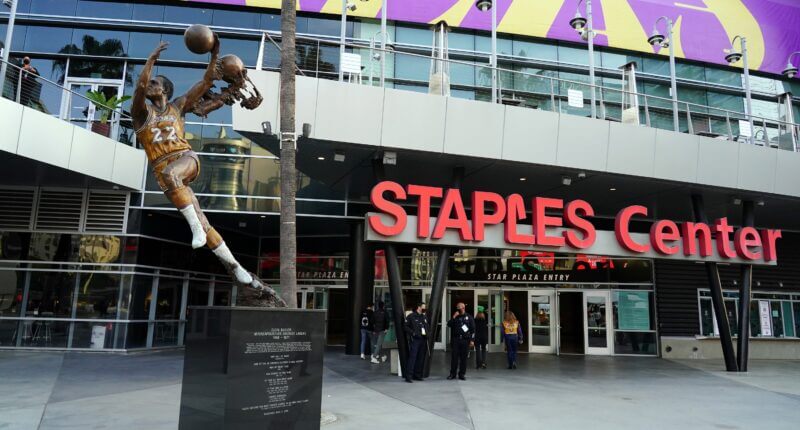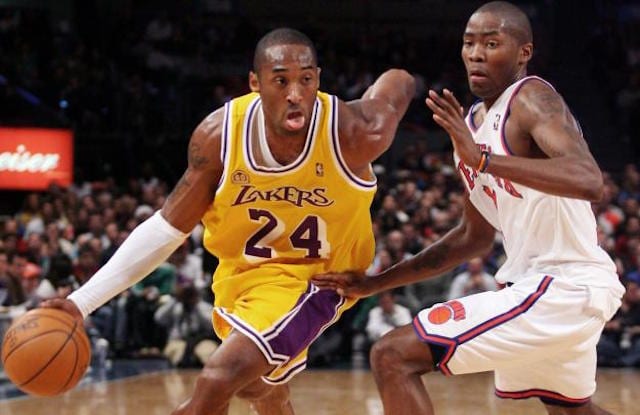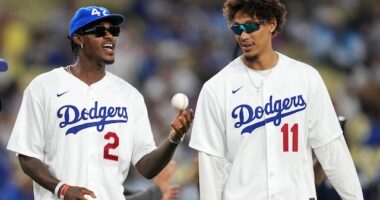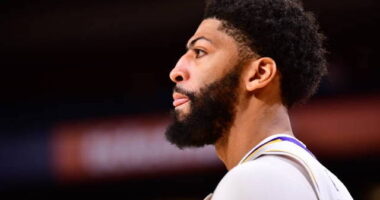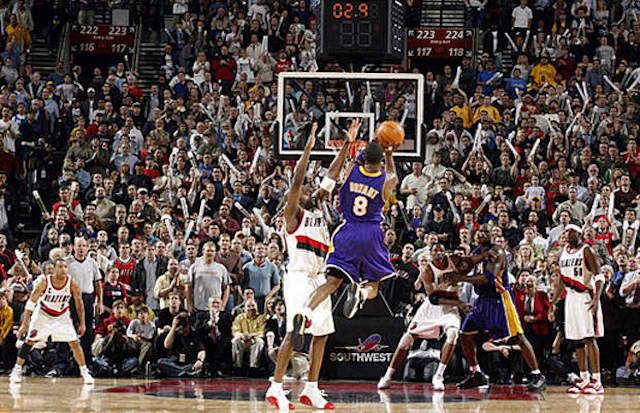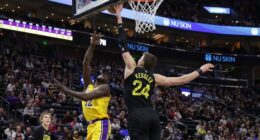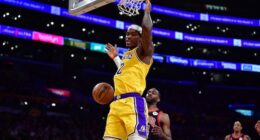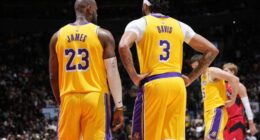It was called the “House that Kobe Built,” a venue so iconic that all you needed was one word — “Staples” — to know where someone was headed. The retail store became attached to the arena where the Los Angeles Lakers, Clippers, Kings and Sparks played their games. It held a special place in the heart of L.A. residents.
The Lakers won five championships at Staples Center, the first of which came during the debut season in the arena. Kobe Bryant scored 81 points in a game, the Lakers and Celtics faced off in the NBA Finals twice and, of course, the iconic Mamba Out game all happened at Staples Center — some of the five greatest memories at the venue.
Dec. 23, 2021, was the last time the Lakers played at “Staples Center.” The Lakers lost their fourth straight matchup in a blowout game against the San Antonio Spurs. L.A. also lost their first matchup with Crypto.com Arena on the floor — a bad closing and opening act.
It was a somber evening with a pregame video showing highlights of all the special memories at the arena. Fans received replica shirts from the Lakers’ opening night in 1999. A farewell ceremony occurred with tributes to the five championships won at the arena.
The naming rights change was announced in Nov. 2021. Crypto.com, a Singapore-based crypto-currency company, reportedly paid $700 million for a 20-year deal. At the time of its announcement, it was believed to be the largest U.S. venue naming rights deal. Staples initially purchased its naming rights deal for $100 million.
FTX controversy didn’t affect name change
After the FTX naming rights controversy with the Miami Heat’s arena in 2022, there were some concerns in the industry that Crypto.com would follow suit and file for bankruptcy. Nothing has happened since.
The Lakers moved to the arena in 1999 after 32 years at the Forum in Inglewood. Staples Center was prominent not only for the entertainment inside the arena, but the business behind it. The venue was one of the first to be almost entirely privately funded.
Main developers Edward Roski and Philip Anschutz wanted the arena to be right in the heart of downtown Los Angeles. Councilmen demanded that public money not be used to build the venue. Negotiations were tense with the developers almost pulling the plug entirely on the deal. Eventually, the deal worked out and ground broke in 1997. Roski and Anshutz decided to fund most of it privately.
Have you subscribed to our YouTube channel? It’s the best way to watch player interviews, exclusive coverage from events, participate in live shows, and more!
